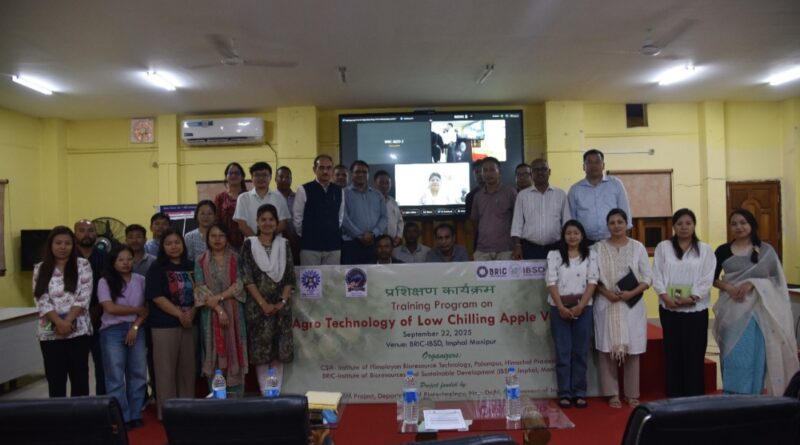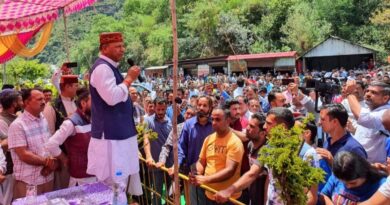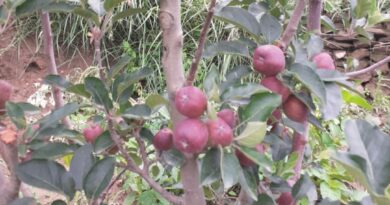Empowering Farmers in Manipur: CSIR-IHBT Brings Apple & Aromatic Crop Innovations to the Northeast
A dedicated team of scientists and project associates from the CSIR-Institute of Himalayan Bioresource Technology (IHBT), Palampur, Himachal Pradesh, recently visited Imphal, Manipur, to support local farmers with cutting-edge agricultural practices. Their mission? To help adapt low-chilling apple varieties and aromatic plants to Manipur’s unique climate and farming conditions.
From September 21 to 24, 2025, the team conducted hands-on training sessions across villages like Imphal, Haraorou, East Imphal, and Hiyangthang. Farmers received practical guidance on orchard management, pruning, nutrient application, and essential oil extraction—skills crucial for cultivating apples and aromatic crops successfully in the region.
Dr. Sudesh Kumar Yadav, Director of CSIR-IHBT, highlighted that these initiatives are part of a larger project funded by the Department of Biotechnology, Government of India. The goal is to promote low-chilling apple varieties in non-traditional areas of Northeast India, expand the cultivation of aromatic plants, and boost post-harvest value addition—all under the Himalayan Bioresource Mission.
Dr. Rakesh Kumar, Chief Scientist and Principal Investigator of the project, shared that over 50 farmers participated in the training. Demonstration plots covering around 20 acres have been established at BRIC-Institute of Bioresources and Sustainable Development farms and in farmers’ fields across Manipur.
The visit wasn’t just about lectures—it was about learning by doing. Farmers got to try their hands at essential oil extraction and orchard techniques, making the experience both educational and empowering. The training model and mentorship provided are expected to serve as a blueprint for climate-smart horticulture across the Northeast, helping farmers diversify their income and build sustainable livelihoods.



